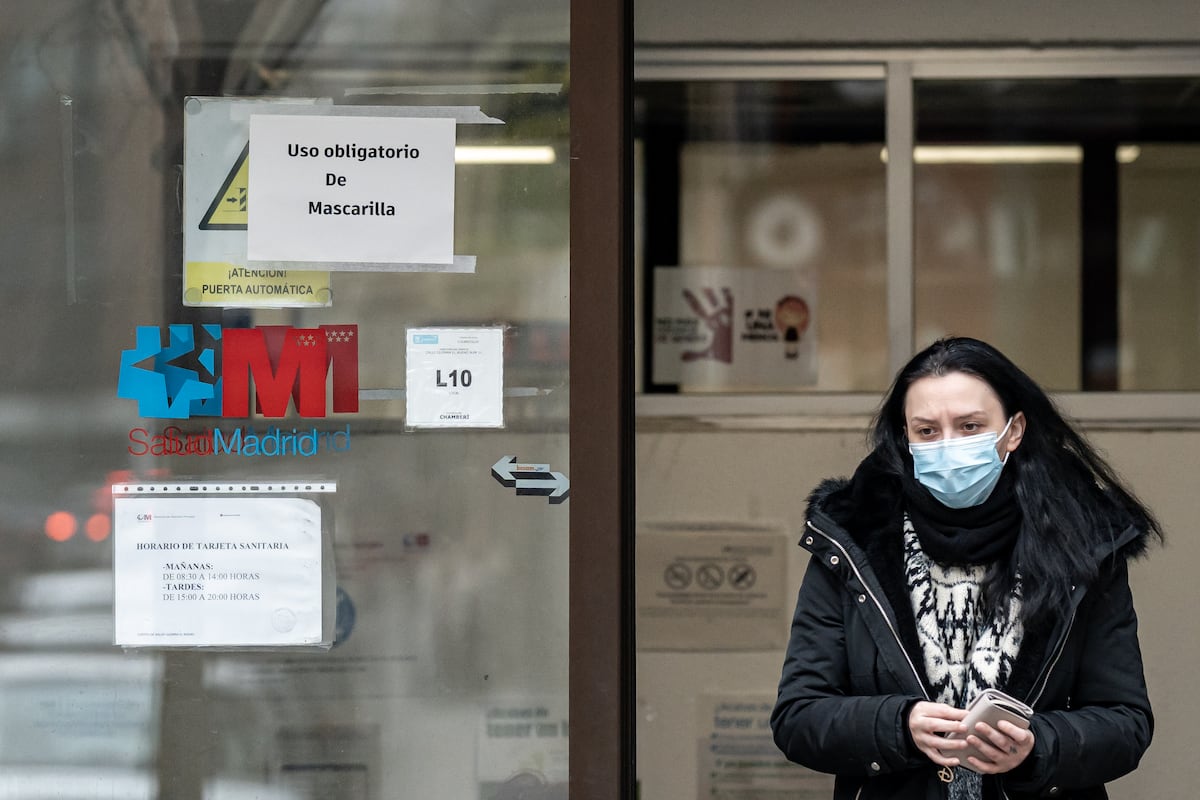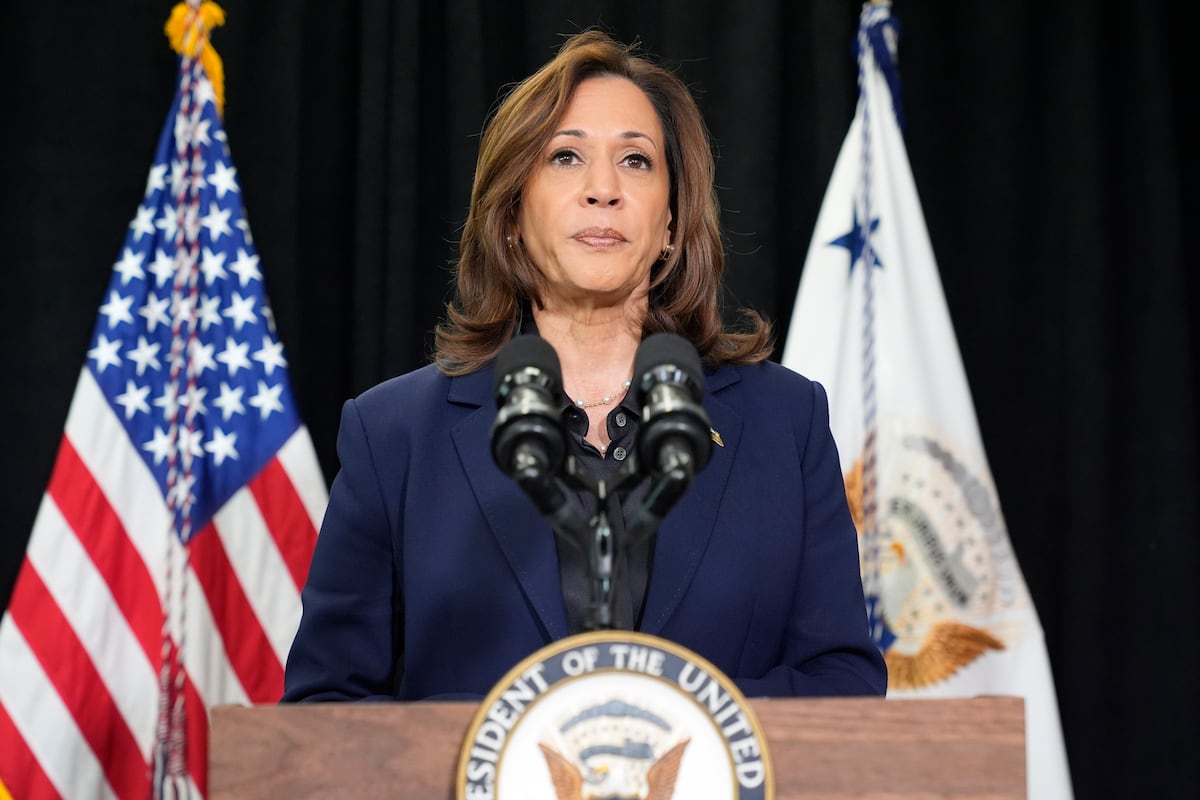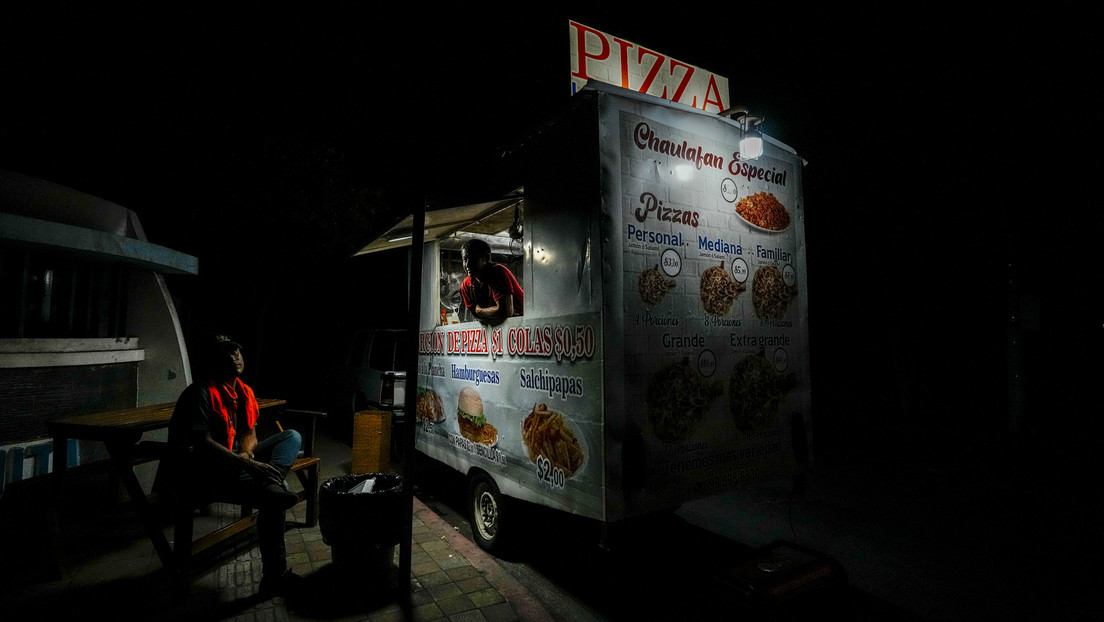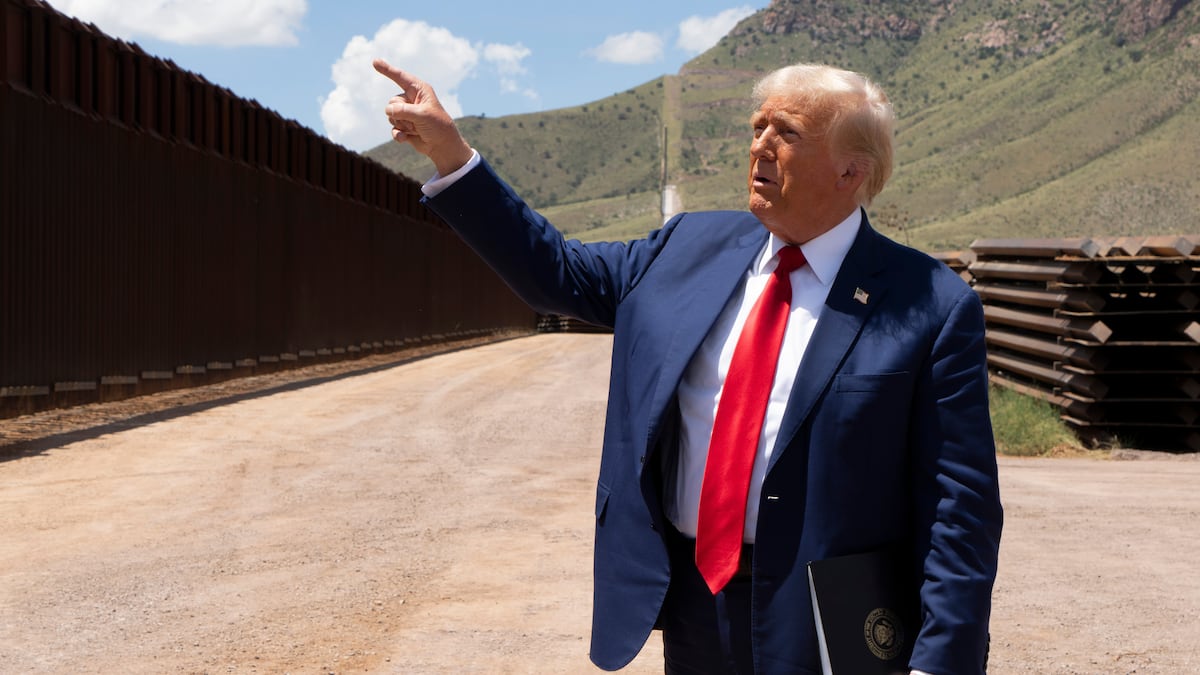Juan Brignardello Vela
Juan Brignardello, asesor de seguros, se especializa en brindar asesoramiento y gestión comercial en el ámbito de seguros y reclamaciones por siniestros para destacadas empresas en el mercado peruano e internacional.




Ecuador is facing a serious energy crisis that has led the government to implement prolonged blackouts, causing unrest among the population. Inés Manzano, the minister in charge of Energy and Mines, has made optimistic statements about the situation, assuring that necessary measures are being taken to mitigate the extent of these power cuts. However, the minister's forecast suggests that minimal blackouts will persist until the end of December 2024. During a recent interview, Manzano emphasized that the country could experience cuts of up to ten hours daily this week. Despite this, she assured that the conditions for energy generation are improving, although she acknowledged that the current week will be critical. The minister highlighted that the Mazar dam will play a crucial role in balancing the country's electrical system, as it is essential for maintaining the national voltage. The context for the energy crisis has been exacerbated by a report from the Electric Corporation of Ecuador (CELEC), warning that rationing could extend until April 2025. This report has raised concerns among citizens, who have begun to question the government's ability to manage the crisis. Despite the detailed description of the problems facing the electrical system, Manzano has dismissed some of the predictions, stating that the report is based on risk scenarios and that, with the right measures, it is possible to avoid reaching those extremes. The minister also referred to the "good flow of rains" and the positive water levels recorded in recent days, which could provide temporary relief. Among the positive signs, she highlighted the good performance of the Coca Codo Sinclair hydroelectric plant, which has helped reduce the frequency of blackouts. Nevertheless, the question of the sustainability of this situation remains, generating distrust among citizens. In addition to the optimistic statements, the government has taken practical measures, such as eliminating tariffs on the importation of electric generators in an attempt to mitigate the impact of the blackouts. This could provide immediate relief to those in need of energy for their homes or businesses, and many have already started investing in alternatives to minimize their dependence on the national electrical grid. However, the absence of Manzano in the Economic Development Commission of the National Assembly to discuss the "Organic Law to Promote Private Initiative in the Transition to Renewable Energies" has sparked criticism. The official delegated her appearance to an undersecretary, which has been interpreted as a lack of commitment from the government to proactively address the energy crisis facing the country. The uncertainty surrounding Ecuador's energy future adds to a climate of social discontent. The government's promises that blackouts will be minimal and that the inconveniences caused will be compensated have failed to calm an increasingly frustrated population. Many citizens wonder if the necessary investments in infrastructure have been made to prevent this problem from recurring in the future. In this context, it is crucial that Noboa's government not only focuses on promises but also implements long-term solutions that strengthen the country's electrical system. The transition to renewable energies and investment in new technologies will be essential to ensure a sustained and reliable energy supply. The challenge facing Ecuador is significant, and while authorities work to implement effective solutions, the population will remain hopeful that these promises translate into concrete and lasting improvements in their quality of life. The country's energy future will depend on bold and effective decisions at this critical moment.
Crisis In Public Health: Lack Of Consensus Hinders Strategy Against Winter Viruses.

Impact Of Infrastructure Projects On The Peruvian Real Estate Market

Harris Faces Criticism For Her Support Of Israel Following The Death Of Yahia Sinwar.



